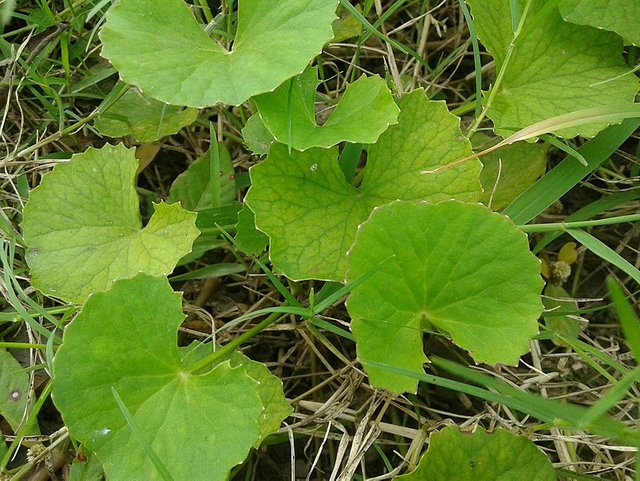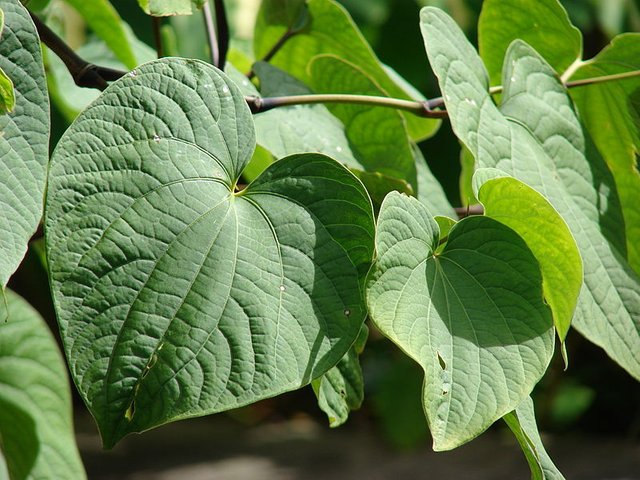One of the most common manifestations of anxiety is the startle reflex, which is more common during sleep than during waking hours. The startle reflex can cause waking up bug-eyed at strange sounds, strange movements, and even strange odors in the middle of the night. People who lose sleep due to this kind of anxiety have a (usually) over-protective brain that responds to sensations most people would ignore with a "What was that!!" message that can interrupt sleep for minutes, or hours.
Herbs for Stifling the Startle Reflex
Psychological treatment of the startle reflex is complicated, but herbal treatment of the startle reflex is simple and surprisingly effective. The Ayurvedic herb gotu kola reduces production of chemicals that power the central nucleus pathway in the brain, which generates anxiety and fear in response to specific stimulation. The herb does not improve sleep apnea, but neither does it interfere with blood pressure, sexual response, daytime alertness, memory, or concentration.
The herbal remedy for free-floating anxiety that does not seem to be due to any particular, identifiable cause, is the sleep herb from the South Pacific, kava. Here some caution is needed. The way kava works is by dulling the same receptors in the brain as tranquillizers. If prescription tranquillizers are not for you, kava is not, either. It is especially necessary to avoid taking both kava and alcohol before bed. But it is always best to avoid getting your sleep from a bottle, whether the bottle contains alcohol, a prescription sleep aid, or a natural supplement.

Other Measures to Overcome Your Startle Reflex
How do you close out your experiences of the day so you can get the restful sleep you need? How do avoid losing sleep over losing sleep? Here are some fundamentals.
Know the difference between needing rest and needing sleep. When you need to rest, you will probably feel the urge to sit down and not do anything in particular. When you need to sleep, you will probably feel the urge to lie down and shut your eyes.
Know the difference between chronic fatigue and chronic insomnia. If you feel tired all the time, it can be hard to remember the difference. Chronic fatigue, which is not necessarily related to sleep, does not necessarily require to be intellectually disconnected to the world around you. Chronic insomnia, on the other hand, makes you feel a need to enter the "alternate world" of sleep.
Know that the primary thing you need to "fix" is sleep if any of the following describes you on a day to day basis:
- You hit the snooze button several times before getting up in the morning.
- You have to start your day with coffee, tea, caffeinated soft drinks, or a cigarette. You describe yourself as "not a morning person."
- You are cranky or irritable in the morning but not during the rest of the day.
- You have a feeling of dread about starting your day that quickly vanishes once you get started.
Sources:
- Bradwejn J, Zhou Y, Koszycki D, Shlik J. A double-blind, placebo-controlled study on the effects of Gotu Kola (Centella asiatica) on acoustic startle response in healthy subjects.J Clin Psychopharmacol;20(6):680-4.
- Sarris J, LaPorte E, Schweitzer I. Kava: a comprehensive review of efficacy, safety, and psychopharmacology. Aust N Z J Psychiatry;45(1):27-35.